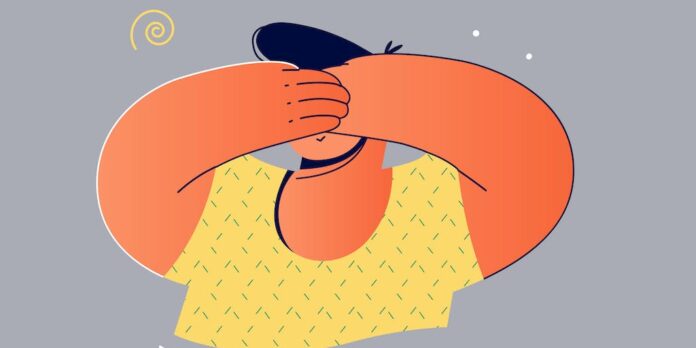Public colleges are on-line simply as a lot as their college students, it appears, with profiles throughout social media. Their Fb pages comprise not simply bulletins however pictures from occasions on campus—graduations, Christmas band live shows, chess group event victories, spirit week—the place college students take heart stage.
It’s that sharing of pupil pictures, particularly these with figuring out data, that has researchers questioning what the implications could also be for pupil privateness and whether or not it’s moral for colleges to put up photos in any respect.
One group of researchers analyzed 18 million pictures posted by U.S. colleges and districts to learn the way usually they contained personally figuring out data (PII) from college students.
They discovered that college students have been identifiable in 4.9 million photographs, and about 726,000 posts additionally contained college students’ full names and approximate places. A short on their findings was revealed in November’s situation of the tutorial journal Instructional Researcher. The group was made up of researchers from the College of Tennessee, the College of Oxford in the UK, the College of Oregon, the College of Utah and College of Tübingen in Germany.
“Even comparatively low proportions of posts that reveal the PII of scholars imply that the privateness of a whole bunch of 1000’s of scholars could also be risked,” researchers wrote.
The portions have been notable, researchers defined, due to well-documented parental issues over different folks getting access to their youngsters’s data.
“These issues could also be heightened by figuring out the potential ease with which corporations could entry the posts of faculties and districts for makes use of not meant to be accessed by these in colleges who’ve posted,” researchers wrote. “For example, it’s more and more acknowledged that predictive policing corporations repeatedly accumulate and make the most of public social media information.”
An Ethics Query
The report authors additionally introduced up issues about innocuous pictures of kids posted on social media and household blogs ending up on pedophilia web sites—the underlying concern being that harmless social media posts from colleges may meet the identical destiny.
They have been additionally involved that entry to Fb information by third events like authorities and police companies could violate legal guidelines meant to guard pupil privateness. And even when college students who seem at school Fb pictures have a media launch on file with the varsity, researchers assert that doesn’t exempt colleges from the dialogue over whether or not sharing these pictures is moral.
Even whether it is legally permissible for colleges to put up the personally figuring out data of scholars whose dad and mom have signed a media launch type, is it proper to take action?
It’s a tough query, one which asks colleges and fogeys to consider how college students could possibly be negatively impacted by forces that really feel intangible.
It appears apparent how college students can be affected by one thing like bullying. However with regards to the potential ramifications of their pictures being swept up by facial recognition corporations or authorities companies surveilling social media, making a judgment looks like a lofty process.
“Such questions tackle renewed urgency with corporations similar to Clearview AI making use of facial recognition broadly to publicly out there media,” researchers assert. “Even pictures with out straight hooked up PII maintain the potential to rapidly grow to be PII violations in years to come back because of increasing facial recognition know-how and this know-how’s use of publicly out there pictures (like these we studied).”
Researchers posit that the moral questions round pupil privateness and social media posts ought to grow to be subjects of broad social and political dialogue, reasonably than inquiries to be wrestled with by solely people or schooling professionals. For instance, they pointed to a warning the Federal Commerce Fee issued to edtech corporations final yr that stricter enforcement of a pupil information privateness regulation is on the horizon.
“We must always thoughtfully and punctiliously provide laws and push platforms to make defending privateness extra sensible,” researchers assert. “For example, would possibly Fb have the default setting for college and district pages on Fb to be personal reasonably than public?”
There are academic leaders in colleges wrestling with these moral quandaries, the report authors famous. EdSurge has beforehand talked with educators and researchers who’re imbuing information ethics into undergraduate trainer packages.
The report authors additionally referred to as on academic researchers particularly “to undertake a knowledge ethics perspective to examine easy methods to steadiness the advantages of social media with the necessity to honor the privateness of scholars.”


